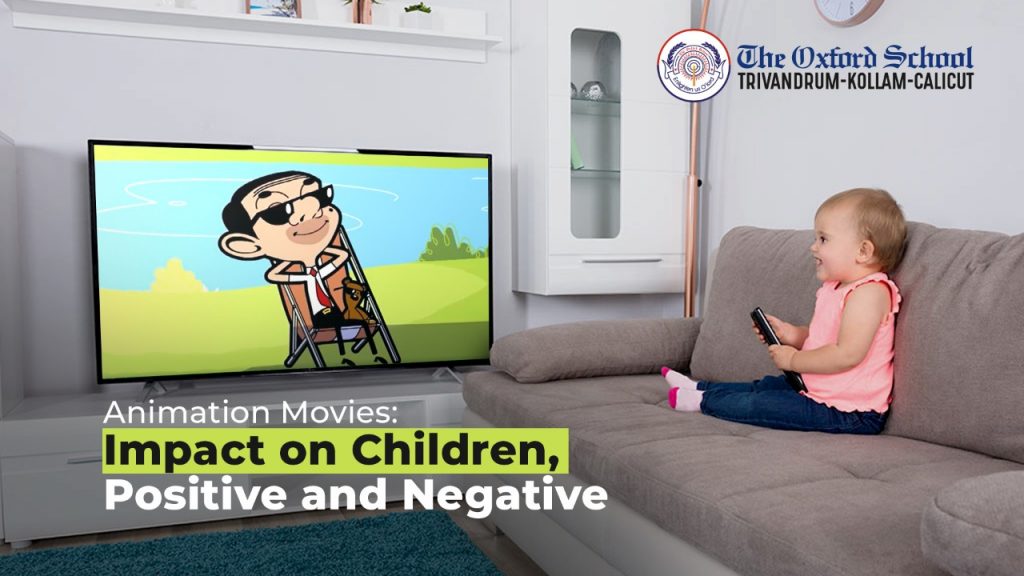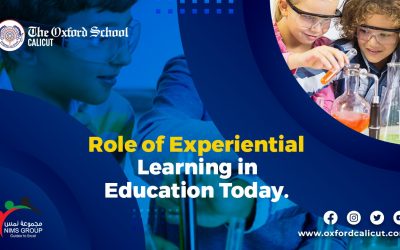
Children grow by observing, and experiencing their environments. The child’s surroundings do influence his or her behaviors. Earlier, the family and the school were the main influences on a kid’s behavior. The family plays an important part in children’s overall psychological functioning since it creates the foundations for the construction of a balanced lifestyle in adolescence. The school plays an important and formative role in a child’s cognitive, language, relational, psychological, and moral functions and skills. Children’s mental health is closely connected to the economic atmosphere and living environment.
Television has become one of the most influential mediums in the lives of children. The child is exposed to a wide range of programs relating to nature, entertainment, comics, sports, films, television shows, advertisements, and so on. Comics, in particular, have gained popular appeal among children due to their high bursts of light, fast color changes, and movements that break the child’s concentration.
Animation has evolved into a medium for constructing knowledge and provides massive benefits for a child’s development. But how exactly does animation affect the brains of children?
POSITIVE IMPACTS
- Our educational framework is constantly challenged with providing proper exposure to enhance linguistic, cognitive, and physical development in children. Thus, animation positively benefits a child’s development in a variety of areas.
- Images and sensory experiences that boost imagination nourishes the child’s imagination. When watching animations, kids rely on a variety of senses. The auditory sense is accelerated, and the visual sense is enhanced by connecting the visual and auditory senses. The brain learns to make connections on its own, which leads to improved recognition and retention.
- Problem-solving skills are developed when the separation and fusion of pictures lead to an understanding of the motion of objects. Kids’ understanding of vision and existence assists kids to solve complex tasks.
- Children are born with natural artistic talents that can be awakened through animation. And also, with the sensory experiences of the animation movies and cartoons, the vocabulary and sensory perceptions in children develop in a massive way.
- Helps critical and analytical thinking that leads to brain growth and memory enhancement. Using many abilities at the same time allows for more in-depth connections and makes learning more real. This will encourage lifelong learning.
NEGATIVE IMPACTS
- Kids’ movies are overwhelmed with low-quality, crude-humored, or simply awful shows. Violence, comedy, horror, role models, heroes, friendship, truth, fantasy, and other values such as good over bad, right over wrong, and honesty over dishonesty are all represented.
- Cartoon characters have a positive as well as a negative influence on children. Some cartoons are neutral and purely meant for entertainment; some are educational, but some are violent to the core. Children are allowed at their discretion to choose the cartoon programs, which in turn indirectly influences their development.
- With any supportive tool, extensive exposure can lead to overstimulation and may result in negative impacts on the child. Nonetheless, the benefits are evident, it simply requires teachers and parents to be mindful when using animation.
- The use of obscene language, as well as the imitation of cartoon style and vocabulary, can cause children’s aggressive behavior, influenced by violent and aggressive cartoons.
Despite all the pros and cons taken into consideration, with proper direction and guidance from the elders, animation movies and cartoons are good for the developmental activities of children. Adult supervision aids in the development of a child’s logic and reasoning abilities, visual and auditory processing, and sustained and selective attention.





